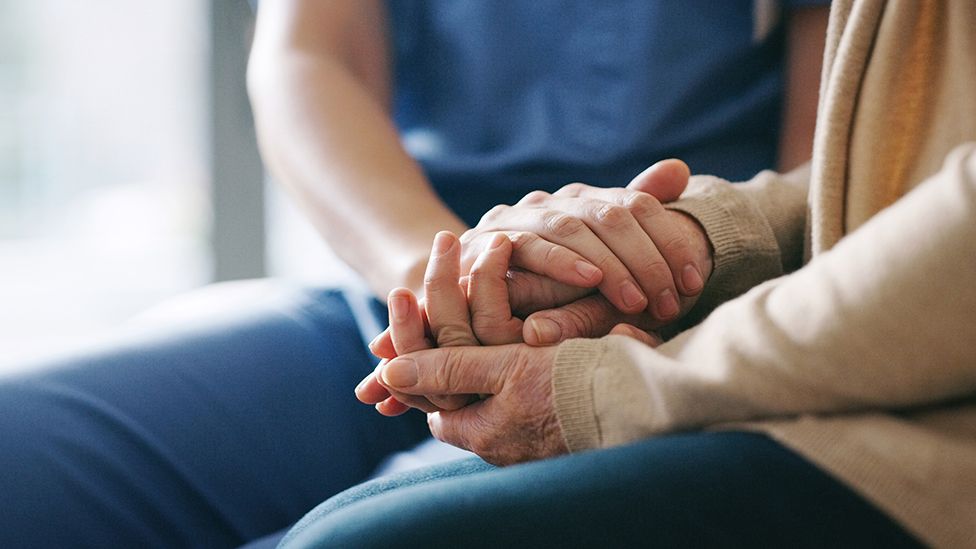New research published in the Journal of Ethics in Mental Health has found that the introduction of euthanasia and assisted suicide (EAS) has failed to reduce the rate of ‘unassisted’ suicide in the State of Victoria.
In fact, since the law came into force, suicide among older people in Victoria has increased by more than 50%.
This is despite the much repeated claim that “50 people a year” with a terminal illness were dying by suicide in Victoria because they did not have access to EAS, which in Australia is referred to together as ‘Voluntary Assisted Dying’ (VAD).
The author of this study, David Albert Jones, is the Director of the Anscombe Bioethics Centre in Oxford and Professor of Bioethics at St Mary’s University, Twickenham.
On 5 December 2017, Victoria was the first State to legalise VAD in Australia. A key argument that helped swing the debate in favour of a change in the law was made by the Coroners’ Court to a committee of the Victorian Parliament. The Victorian Coroner John Olle described harrowing cases of people with terminal illnesses who had taken their own lives. The clear implication was that many of these suicides would not have happened if VAD had been available. He said this was happening at the rate of “50 cases per year”.
Olle’s evidence was picked up by the Australian media at the time and was highlighted by Andrew Denton, founder of Go Gentle Australia in his campaign for the legalisation of VAD. In numerous articles, Denton popularised the Coroner’s statistic of “50 cases of suicide every year”, sometimes rephrased as “one suicide a week”. This argument was pivotal to the recommendations of the Parliamentary Committee and was invoked by most of those who spoke in favour of the bill in the Parliamentary debate including Jill Hennessy, the Minister for Health, and the Premier, Daniel Andrews.
What then has happened to suicide rates in Victoria since the law came into force in June 2019? Rather than seeing a reduction, there has been an increase in unassisted suicides, and especially among those aged 65 or over. These have increased from 102 in 2018 to 156 in 2022, according to figures from the Victoria Suicide Register.
Furthermore, while suicides increased among the elderly, who are more directly affected by VAD, suicides did not increase among those below the age of 65. The increase in elderly suicide was also much larger than the increase in elderly suicide in neighbouring New South Wales, which only implemented VAD in November 2023. These findings were published in the peer-reviewed Journal of Ethics in Mental Health.
There was no evidence of a reduction in suicide after implementing VAD. The study found that, rather than 50 fewer suicides a year among elderly people in Victoria, there was an increase of 54 a year, i.e. one more suicide per week.
The idea that VAD would help prevent “one suicide a week” in Victoria was repeated in other States as each followed the example of Victoria in legalisation of VAD.
The example of Australia is sometimes invoked by supporters of a change in the law in the United Kingdom. It is important to acknowledge that a key argument in the Australian debate is not supported by the subsequent evidence. The introduction of VAD has not been shown to result in any reduction in conventional (unassisted) suicide.
It is essential that the debate over assisted suicide or euthanasia is based on evidence. The key question is not whether there are problems with the way that people are currently dying. Rather, it is whether a change in the law would make things better or worse. The experience in Australia is that offering people the chance to die by ‘voluntary assisted dying’ has not alleviated the problem of unassisted suicide in older people.
———————————————————————————————————————————————–
** If you have been affected by this article, and would like to speak to someone if you are in the UK and Ireland, you can contact the Samaritans on freephone 116 123, or email jo@samaritans.org or jo@samaritans.ie. In the US, you can call or text the National Suicide Prevention Lifeline on 988, chat on 988lifeline.org, or text HOME to 741741 to connect with a crisis counsellor. In Australia, the crisis support service Lifeline is 13 11 14. Other international helplines can be found at befrienders.org**

